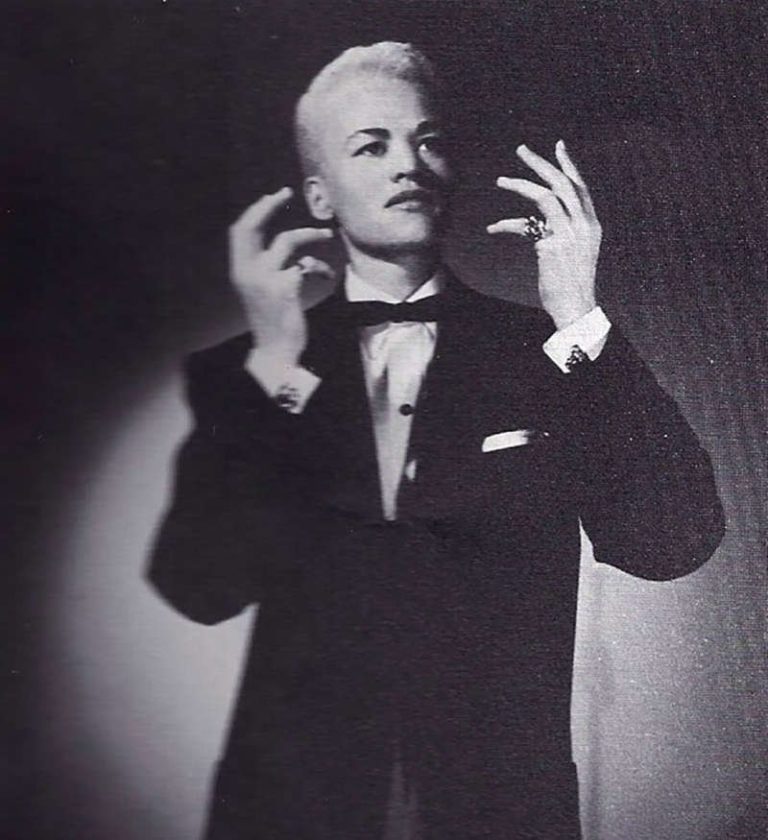

Stones who came in wearing front-zippered pants had to take them off and put them on in reverse, with the zipper in the back, if trouble arose. There were state laws against cross-dressing. We had a blast there, meeting others like ourselves for the first time or dancing with friends or lovers, but it was fraught with fear and danger, too–secretive clubs were a collective closet.Ī lesbian-owned the Lost & Found, but the Mafia working with the Chicago PD shall we say, regularly “managed” the place. It may be hard for young people to imagine today, but a queer bar was the only place we could see each other back then. If only for a fleeting couple of hours, I left Planet Cis Heterosexual behind. The minute the door opened and I stepped inside that smoked-filled bar, I crossed over into the world of my people. It existed only within the confines of that space and did not exist anywhere in society outside of it. Behind the door of the Lost & Found was the entire queer world, to me. No one who looked straight got in–and no cops, either. The locked and heavy wooden door had a small, circular window out of which the bouncer checked before letting you inside.
STORME STONEWALL WINDOWS
The windows on the place were dark so no one could see inside. It was a blue-collar, heavily wood-paneled dyke bar but gender non-conforming stones like me from the poor class, gay men, drag queens and kings all sought community there. This bar, the Lost & Found, had opened on Chicago’s north side in 1965, just after I turned 15. I started going to lesbian, gay, leather, and drag bars before I could legally drink, searching for someone–anyone–who was like me: a semi-homeless, working-class transgender boy completely alone with no words yet for who I was. Who tells our queer and trans stories? Let it be we and let our stories be true.Įver in my memory is an incident in the late 1960s in Chicago when I was in my teens. Johnson, Storm é DeLarverie, and Sylvia Rivera!īy: Ben Power*/Special to The Rainbow Times. Stormé passed away in 2014, at the age of 93, but she will forever be remembered for her pivotal role in the event itself, and the movement it helped build.The “Holy Trinity” of Stonewall–Marsha P. Could Stormé have possibly imagined how her act of defiance in the face of police brutality could have started a revolution? Because she took a stand, alongside Marsha P Johnson, Sylvia Rivera, and countless others that hot summer night in Greenwich Village, others have had the courage to do the same. Pride is now a celebration, a carnival - you can be part of it in London on Saturday 6th July, and at other events across the country over the summer. Just weeks later, the Gay Liberation Front was founded, and the following year in 1970, the GLF’s founders organised the Christopher street Liberation Day, a march to celebrate the uprising of the year before, and to demand legal protections.ĥ0 years later, on 28th June 2019, its hard to believe how far things have come.

The word spread across the Village, and the uprising continued for six nights, growing momentum, and with it the LGBT rights movement. They threw coins, bricks, shot glasses, anything they could find, forcing the police to retreat back into the bar for their own safety. The crowd reacted to Stormé’s rallying cry, and started to fight back. Bleeding, handcuffed, and being dragged into a police van, Stormé yelled to the crowns, “Why don’t you guys do something?”.
One of Stormé’s friends was being roughed up by the police, so she tried to help him and fought back before herself being hit over the head with a baton by a police officer. With the help of undercover officers already inside, the NYPD forcibly ejected the bar’s patrons outside onto Christopher Street. So when half-a-dozen police officers, some from the NYPD’s so-called Public Morality Division, entered the bar on that balmy Friday night in the summer of ‘69, the tinderbox just needed a spark.
STORME STONEWALL FREE
In New York, she was a bouncer in Greenwich Village helping safeguard her community, a role she carried out well into her old age she was lovingly referred to as “guardian of the lesbians” by those who knew her.īy 28th June 1969, the Stonewall Inn had already been raided by police earlier in the week it was one of the few establishments in the Village where same-sex couples were free to dance together, and it was a prime target. When she was older, she became a singer and Drag King, travelling the country with a group of musicians and performers. She had a tough upbringing, and was bullied and taunted throughout her childhood. Her mother was a Black servant, working in the house of her father, who was white.


 0 kommentar(er)
0 kommentar(er)
